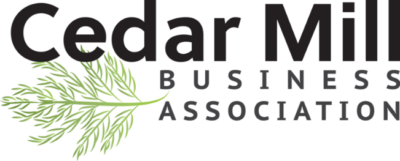Toxicol., 194 (2018), pp. Effect on Seed Germination Azoxystrobin and Difenoconazole enhanced percent seed germination in S. indicum and P. mungo at all concentrations studied. ISO 17034. In laboratory animals, the technical grade active ingredient difenoconazole was of slight acute toxicity by the oral route; consequently, the hazard signal words "CAUTION - POISON" are required on the Difenoconazole Technical Fungicide label. Difenoconazole is a fungicide used for disease control in many fruits, vegetables, cereals and other field crops. difenoconazole | C19H17Cl2N3O3 | ChemSpider Difenoconazole; Pesticide Tolerances, 32482-32488 [2017-14105] Difenoconazole manufacturers & suppliers - made-in-china.com PDF Regev Hbx (Stk20a) Conforms to 1907/2006/Ec (Article 31) Material ... Full PDF Package Download Full PDF Package. The aim of the present study was therefore to evaluate the toxicity of abamectin, difenoconazole and their mixture to the tropical fish Danio rerio. ISO 9001. Difenoconazole supplier | CasNO.119446-68-3 - LookChem CAS No. 119446-68-3 - Difenoconazole - AccuStandard Azoxystrobin : No adverse effect has been observed in chronic toxicity tests. Azoxystrobin: In a rat 90-day feeding study, liver toxicity was observed at 2,000 ppm. The conclusions laid down in this report were reached on the basis of the evaluation of the representative uses of difenoconazole as a fungicide on pome fruit, carrot, wheat, barley, triticale, rye Made in Germany! A member of the class of dioxolanes that is 1,3-dioxolane substituted at position 2 by 2-chloro-4-(4-chlorophenoxy)phenyl and 1,2,4-triazol-1-ylmethyl groups. 12. It is a broad-spectrum fungicide used for disease control in many fruits, vegetables, cereals and other field crops. Difenoconazole: None observed. DOAJ is independent. Section 408(b)(2)(D)(v) of FFDCA requires that, when considering whether to establish, modify, or revoke a tolerance, the Agency consider ``available information'' concerning the cumulative effects of a particular pesticide's residues and ``other substances that have a common mechanism of toxicity.'' Difenoconazole is a member of the conazole . OTHER TOXICITY: May cause damage to organs (liver, kidneys and thyroid effects) at high doses. Difenoconazole (DIF), a common broad-spectrum triazole fungicide, is associated with an increased risk of cardiovascular diseases.
Matelas Prestige Suite,
Quel âge à Hedwige Chevrillon,
Risques Professionnels Plaquiste,
Articles D

